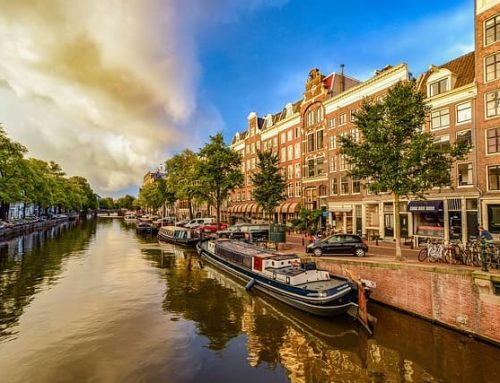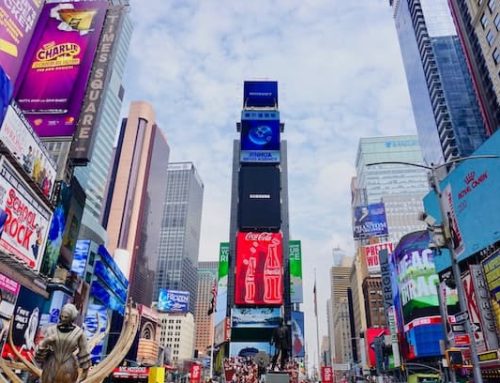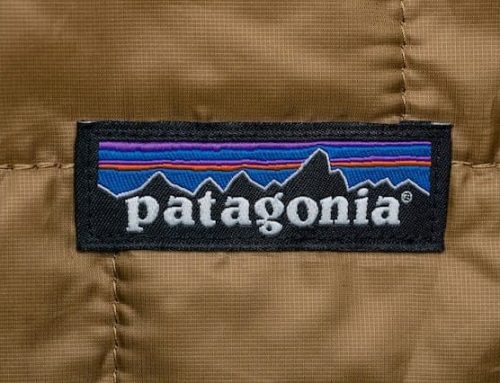Our conference organizers venture that “in pursuing sustainable global economic law, the question of how we construct and identify the ‘economic’ is critical.” We suggest that one element of this critical question is how actors construct the “economic” as a scale-making project.
In 1939, Friedrich Hayek argued for scale-free global trade in part to minimize feelings of solidarity that could create support for local and regional producerist regimes. He worried that if trade was bounded by jurisdiction or geography “everybody will find again and again that their interests are closely bound up with those of one constant group of people.” He elaborated further: “Economic frontiers create communities of interest on a regional basis and of a most intimate character”—their abolition in law, in turn, means any groupings that do come to exist are unlikely to be permanent or “lastingly identified with the inhabitants of a particular region.” From this perspective, markets must be constructed at a global scale to create the “right” kinds of social orders—ones that mitigate human desires to create actually experienced and enduring solidarities across a particular place.
In a forthcoming paper, we trace how the modern fair trade movement has produced, paradoxically, a neoliberal version of a social order. In the early years of the movement, fair trade actors endeavored to build the kinds of solidaristic markets that Hayek wished to contest. By the late 1980s, they made strategic decisions to translate ethical deliberations among producers, intermediaries, and consumers into techniques of valuation: practices of standard-setting, auditing, certification, accreditation, and labelling. These translations enabled fair trade proponents to engage in market-making at “scale” and in collaboration with large corporations.
These translations also enabled market competition. Different fair trade organizations used techniques of valuation to produce different answers to contested questions: should fair trade include plantation-produced rather than only cooperatively-produced goods and, if so, what should workers’ rights be? Should fair trade standards include animal welfare, environmental sustainability, or organic production? By the 2000s, fair trade marks had proliferated based in part on different answers to such questions. In response, actors created private governance systems to organize the competitions among sustainability schemes. In 2002, the four major ethical standards certification bodies – Fairtrade Labelling Organization, Forest Stewardship Council, Marine Stewardship Council, and International Federation of Organic Agriculture Movements – created the ISEAL Alliance which now includes many corporate-led and multistakeholder initiatives.
ISEAL does not help members resolve contested questions (debates have included whether members may certify commodities using non-organic methods or GMO seeds). Instead, it promotes specific techniques of valuation to address questions of value without seeking to resolve them. ISEAL encourages members to collaborate to reach a procedural consensus about “credible” market-making techniques—certification, accountability, audit, and evaluation. And ISEAL encourages these collaborators to compete to produce whatever substantive outcomes result. In the face of value difference, ISEAL offers a private governance system where it’s always possible to create a new “credible” mark and market, and where this mark and market is always subject to further competition and change.
We analyze these techniques of valuation as part of a larger neoliberal approach to governance. But our understanding of what constitutes “neoliberal” governance differs from many others’. We do not describe the imposition of a single (“neoliberal”) order of value, e.g, “market value” that cannibalizes all other values. Rather we describe it as an approach to governance that purposefully evades a shared consensus or reference to a pre-constituted “social” to resolve questions of value in favour of the subjective evaluative techniques imaginatively associated with the sovereign consumer.
As a result, the social groups that coalesce around a fair-trade label are organized less as shared and stable communities of value than as sociotechnical orders of valuation subject to ongoing competition and change. They do not take the form of “publics,” at least not in any sense associated with a democratic polity. Nor do they take the form of unions among producers, laborers, and consumers that once served as the normative foundation of previous political imaginaries. Instead, they are contingent, provisional, and thin social formations that can forge loose and temporary alliances with other collectives—specifically corporations.
Our description perhaps also helps to explain why and how some actors are now attempting to re-radicalize the fair trade project. Consider one example. Sarah Lyon describes how in the minority world, fair trade actors have turned away from an exclusive focus on producer communities in developing economies to cultivate alternative economic practices in the places “where they themselves live.” They want to relocalize fair trade’s meaning including by enacting ordinances to govern how cities and towns should buy fair trade products. In thus producing a kind of sustainable “local” economic law, these activists engaged lived dilemmas: for example, how should a municipality prioritize the needs of local producers versus the needs of producers in faraway places? That is, they embraced the kinds of lived dilemmas, as ongoing, deliberative, and ethical exercises, that Hayek thought could be erased through the legal invention of scale-free global trade.
(Photo: Eutah Mizushima)



